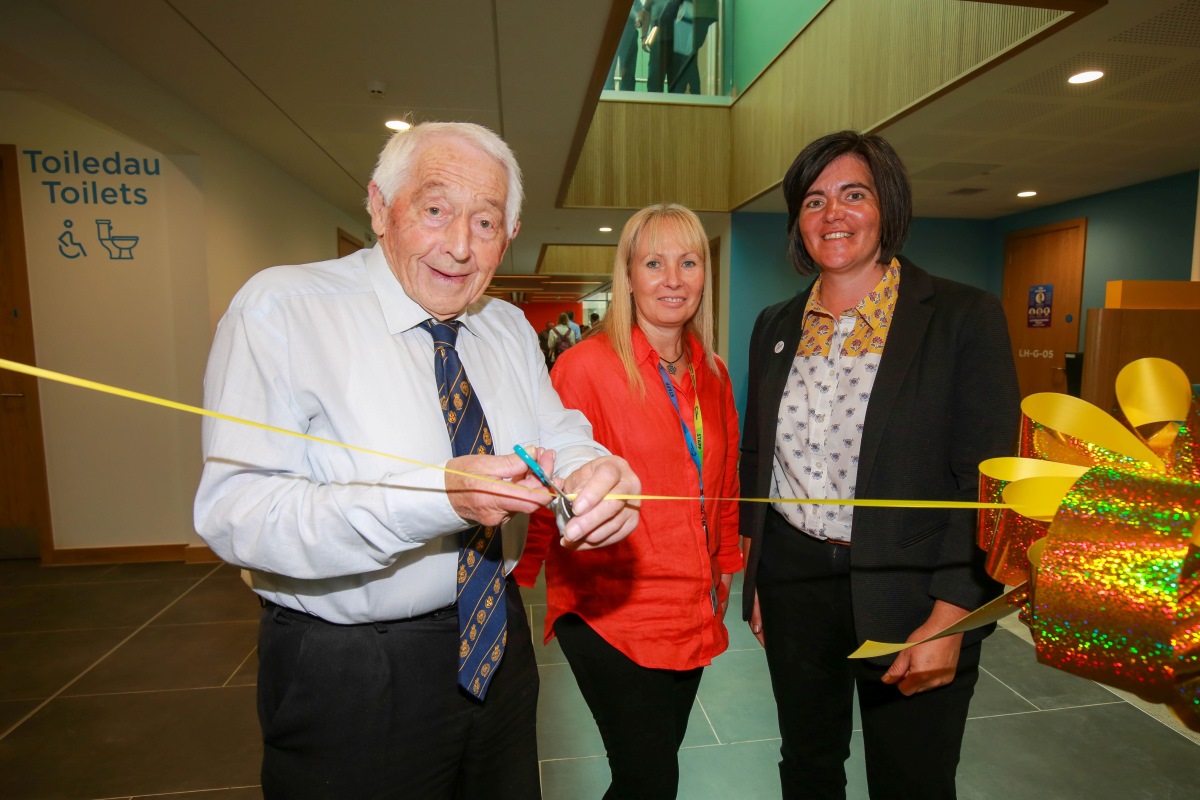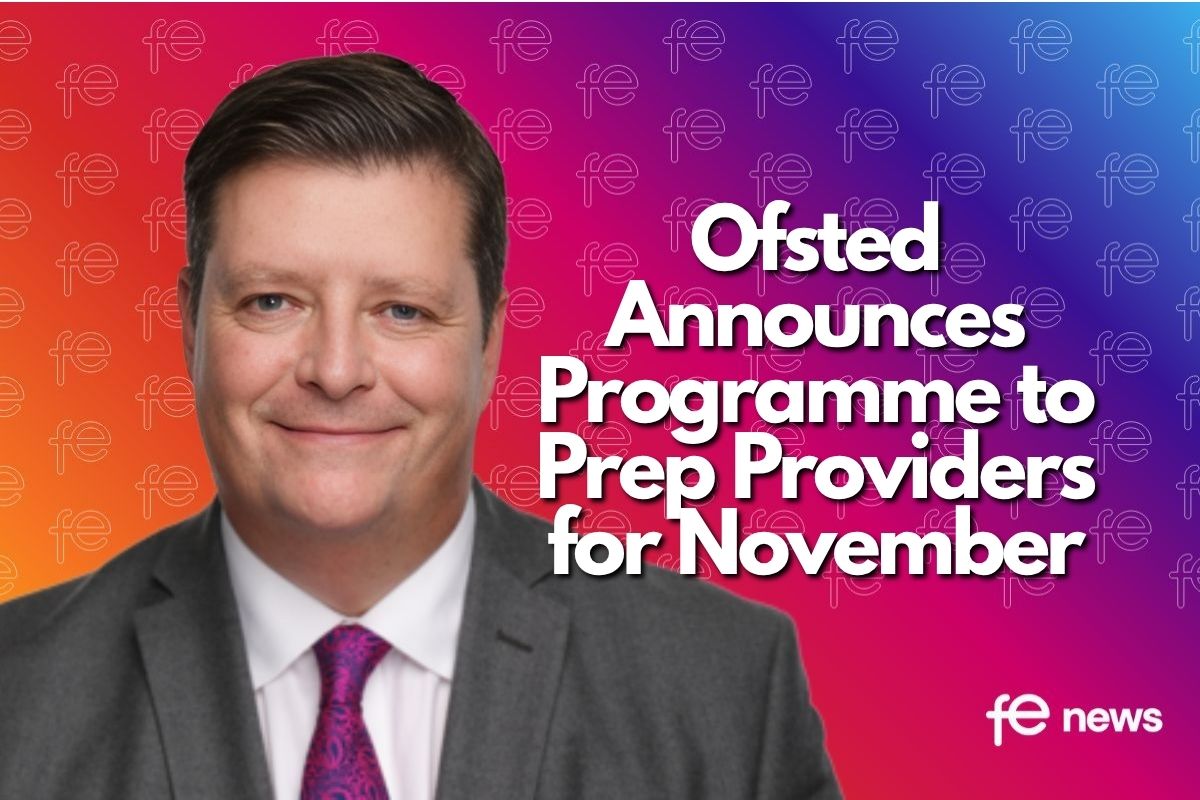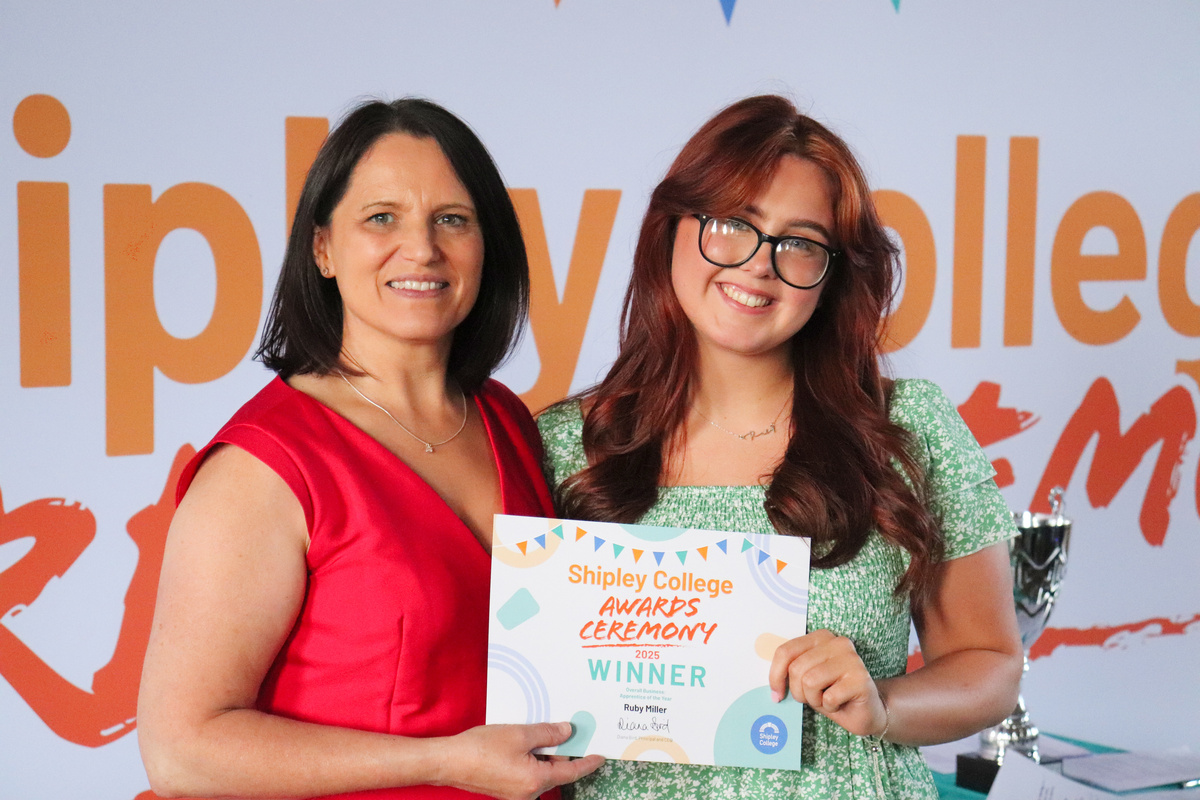Multiply – it all adds up
Even after the delays and shaky start, Multiply, the Government’s new adult numeracy skills programme, is a very welcome step towards upskilling the adult population and increasing life chances with a more numerate workforce – all part of the ‘Levelling Up’ equation.
Lack of numeracy skills exacerbates the disadvantage suffered by the most vulnerable in our society. The present statistics around adult numeracy do not add up to a thriving economy or job market, and it’s the less advantaged adults who have once more been left behind.
England ranks towards the bottom
England ranks towards the bottom of the Organisation for Economic Co-operation and Development’s (OECD) Survey of Adult Skills, for proficiency in numeracy. We are currently languishing in 21st place out of the 35 participating countries, with ‘49% of the working-age population of England with a numeracy level that we expect of primary school children’, and an estimated total loss to the UK economy of £20 billion per year.
Helping improve people’s ability to understand and use maths in daily life, home and work, is heading in the right direction towards the Government’s Levelling Up solution. Whether that’s improving household budgeting and finances, helping children with homework, making more sense of the facts in the media, or improving numeracy skills specific to a line of work.
What options does the Multiply programme provide?
The range of options offered by the £560 million Multiply programme, delivered through the UK Shared Prosperity Fund, includes free personal tutoring, digital training and flexible courses that fit around people’s lives and are tailored to specific needs, circumstances, sectors and industries.
Good numeracy skills really matter, they increase employment possibilities and advancement, alongside higher wages and improved wellbeing. Gaining a maths qualification at Level 2 or equivalent, unlocks the door to progress to higher levels of free training to secure a skilled job.
The programme is also good news for businesses across the country – large and small – with opportunities for employers to develop specific work-based maths skills for their workforce, boost productivity, increase profits, and improve employee retention.
Who else does Multiply offer support to?
Multiply also offers support to young people coming out of the care system, helping skill them up for independent and healthy living, financial awareness, and budgeting skills.
Ex-offenders recently released from prison or out on license, can also receive numeracy training to support their integration into the community, including financial literacy and independent living. This can include peer-mentor led approaches, family learning or other bite-sized learning, to complement existing provision.
How to engage
To make sure we can engage with the hardest to reach learners, we need to ensure that outreach programmes and partnerships with community organisations, use innovative ideas to provide wrap-around support and access through community “touch-points”, numeracy champions and role models.
Maths matters. Numeracy skills can literally change lives but also help provide a boost to business and the economy at a time when an economic downturn is biting hard. When it comes down to the basics – if Multiply proves to be successful, it will all add up to improved futures.

Dr Fleur Sexton, Deputy Lieutenant West Midlands and Managing Director of PET-Xi – one of the most hard-hitting and dynamic training providers in the UK with a reputation for success with the hardest to reach – shares her thoughts on Multiply, the Government’s new adult numeracy skills programme











Responses